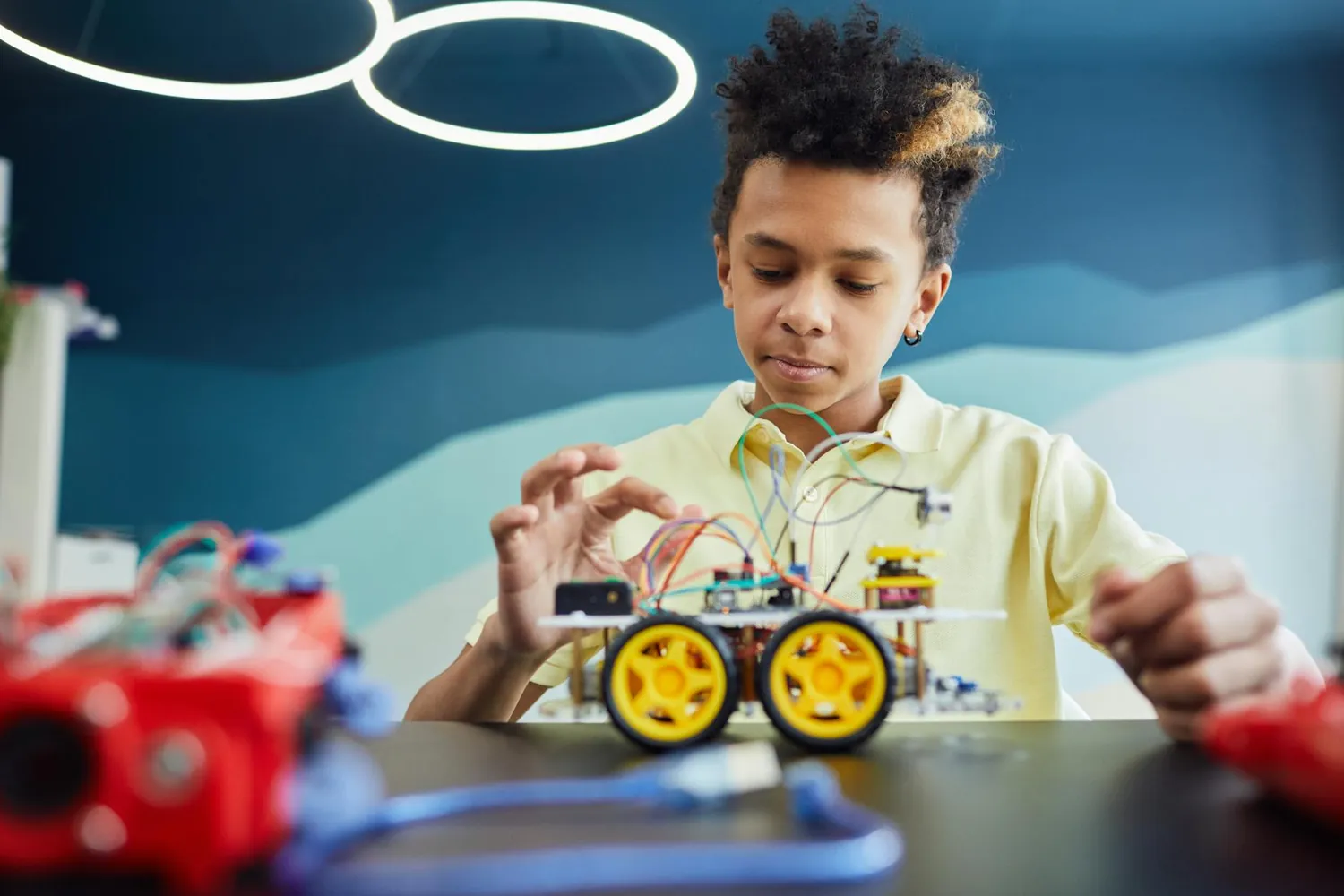The Impact of AI on Customizing Learning in Education Systems

Revolutionizing Education: The Power of AI in Personalization
The integration of artificial intelligence into education has sparked a transformative shift, promising to cater to the unique learning styles of each student. This personalized approach aims not just at improving engagement but also significantly boosting academic outcomes. As educators and technologists continue to explore these possibilities, it becomes essential to understand how AI algorithms can craft bespoke educational experiences.

Understanding AI-Driven Personalized Learning
Personalized learning, enabled by AI, leverages sophisticated algorithms to assess students' individual needs and preferences. Unlike traditional one-size-fits-all methods, AI systems can dynamically adjust learning materials and strategies to match the student's pace and style. These systems are designed to identify patterns in student performance, offering insights that guide the customization of content delivery.
The Mechanisms Behind AI Personalization
At the core of AI personalization are machine learning models that analyze large datasets containing student interactions with educational content. Here’s how these mechanisms generally work:
- Data Collection: Continuous data is gathered from students’ activities on educational platforms, including quiz results, time spent on topics, and engagement metrics.
- Pattern Recognition: AI algorithms process this data to recognize patterns in learning behaviors and identify areas where students excel or struggle.
- Content Adjustment: Based on insights, the system can modify the difficulty, presentation style, and even the sequence of topics to better suit individual learners.
This adaptive cycle ensures that learning pathways remain fluid and responsive, helping students master topics more efficiently.
Practical Implementation: Examples and Workflows
Several educational platforms have already begun integrating AI-driven personalization features. For instance, tools like Khan Academy and Coursera use adaptive learning technologies to tailor course recommendations and resource allocations based on a learner's profile.
A Step-by-Step Workflow for AI Implementation
For educational institutions looking to implement AI-based personalized learning systems, the following workflow serves as a practical guide:
- Assessment of Needs: Begin by analyzing the specific educational needs of your student body. Determine the key learning outcomes you wish to achieve through personalization.
- Selection of Tools: Choose from existing AI platforms or develop custom solutions that best fit your curriculum requirements.
- Integration and Testing: Integrate the chosen tools with current educational infrastructure, ensuring thorough testing to align with teaching methodologies.
- Data Privacy Considerations: Establish robust data protection protocols to ensure compliance with privacy regulations like GDPR or FERPA.
- Continuous Feedback Loop: Implement feedback mechanisms for students and teachers to continually refine the AI systems’ effectiveness.
Privacy Concerns and Ethical Implications
While AI offers remarkable opportunities for educational enhancement, it also raises significant privacy concerns. The collection and analysis of vast amounts of personal data necessitate stringent privacy measures. Educators must ensure transparency about data usage and provide options for students to control their personal information.
Navigating Privacy in AI-Driven Education
Here are some strategies for addressing privacy concerns effectively:
- Anonymization Techniques: Use data anonymization practices to protect student identities while still leveraging valuable insights from their interactions.
- User Consent: Clearly communicate data collection purposes and obtain explicit consent from users before gathering personal information.
- Regular Audits: Conduct regular audits of AI systems and data storage practices to ensure compliance with privacy standards and laws.
Tackling these concerns head-on will be crucial to maintaining trust and promoting responsible use of AI in education.
The Future Landscape: Balancing Innovation with Responsibility
The potential of AI to transform education is immense, promising more inclusive and effective learning environments. However, it is equally important to balance this innovation with ethical responsibility. Stakeholders must collaborate to ensure that technology serves as an enabler rather than an inhibitor of educational equity.
As we move forward, fostering a dialogue among educators, technologists, policymakers, and students will be key in shaping an education system where personalized learning does not come at the expense of privacy or accessibility. By embracing both technological advances and ethical frameworks, we can create a learning ecosystem poised for future challenges.
 Modern Knowledge House
Modern Knowledge House